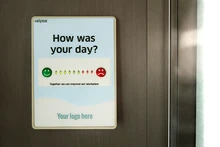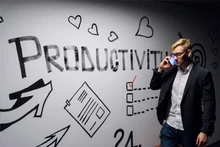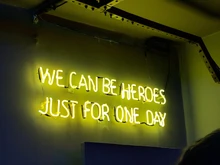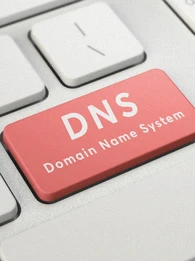
In 2022, many organisations shifted their approach to the issue of people experience and new ways of working. An emerging tension, rising from the consequences of these new approaches and an onset of recession, is that some leaders are just resistant to the accelerated change this has brought on. This is an acute problem to navigate for HR teams this year, especially in DEI, where the dial has moved significantly on a social and generational front (think #metoo, #blacklivesmatter and #wellbeing) but less so, in many of our businesses.
When cash is king and the men counting the pennies are typically still privileged, stale and pale, the diversity agenda can often take a subliminal backward step, as the mood music changes to cost containment and economic survival. Even where the tailwinds mean inevitable budget restrictions, the pressure to deliver systemic change inside organisations requires flawless execution and a shift away from historic practices that yield little or no value.
So, how do we get it right, what should we avoid and what does that mean in practice? :
The right systems thinking - To expect any dysfunctional system to change when you are only working IN that system, is madness. You may deliver short bursts of energy, but what follows is a swift return to the original state. Coping mechanisms, bias training, overly focusing on the underrepresented (If you’re a working woman, advice about how to ensure that gender double standards doesn’t impede your brilliant career. Your ‘Colour Me Beautiful’ lunch and learn, assert yourself at meetings but not salary reviews and always dress the part).
DEI Programmes: Those aimed at one demographic, or employee resource groups (ERGs), can lead to increased feelings of exclusion and tokenism among the very people they aim to serve. It creates division and erodes a sense of belonging. And when leaders don’t get involved, don’t engage in listening to the groups, or hold themselves accountable, these programmes lose their effectiveness.
DEI Training: A lot of training interventions—such as unconscious bias training or even VR/AR simulated empathy exercises—seem helpful on the surface. But after that short burst of insight, they don’t effect systemic change. They are often compliance-led, viewed as separate from work or a punitive measure via the out workings of some disciplinary proceedings .
Over-reliance on Technology: These diversity tools have a clear ceiling in their effectiveness and we need to challenge those vendors with a propensity to oversell their bias-busting product. If we’re just removing potentially biased data from CVs but not addressing any other DEI employee experience issues, we’re kicking the problem down the line. Technology is an enabler not a replacement for driving equity.
Siloed HR approach – Ulrich’s 3-legged HR stool is dead & therefore, Diversity, equity, and inclusion can’t stay in the domain of a select well-meaning, expert few in the CoE. Award-winning recruitment campaigns that focus on increasing the pipeline of under-represented female intake into a traditionally male working domain, deal purely with the employment promise, the Mumsnets marketing campaigns but never the reality of the employee experience for such under-represented communities. If only there was a HR raspberries for organisations that were judged on their high level of churn before the year was out. Recognise what parts of the system need binned or changed and the support systems needed for success. Hand back your Recruitment awards too !
If those are the red flags, what should you do instead?
Put simply, it’s listening and acting, ideally driven by an influential Diversity expert, holding the company accountable and moving beyond a siloed approach. Both are clearly connected, resonate for wider employee experience strategies and their effectiveness leads to impactful changes to the system. Done right, they demonstrate psychological safety, empowerment, and foster belonging if done repeatedly as a positive ritual. Be prepared for good people involved to point to performative DEI activities mentioned above as a waste of time and gather better ideas instead.
When acting, align with tangible and measurable DEI targets, make people accountable and tie them to wider performance and reward systems. Lastly, make the actions transparent for the wider organisation to view and judge accordingly. Rinse and repeat.
At a time when economic headwinds play perfectly to the hard-nosed business persona, empathy shouldn’t be sacrificed as a result, under a slogan that ‘we are all in this together’. DEI in 2023 is vital and shouldn’t be sacrificed to reductive short-term tactics. And remember, if in one of those enlightened organisations, we must continue to work the system. Anything else is just a waste of our valuable time and resources.
Now, context is important for DEI solutions inside your business, therefore why not consider hiring me on a fractional basis, gaining the unique advantage of a seasoned HR practitioner on a part-time or ad hoc basis, to help you develop an effective principle-led People & Talent strategy.
Find out more at www.barryflack.co.uk or get in touch directly via me@barryflack.co.uk for an initial conversation.












